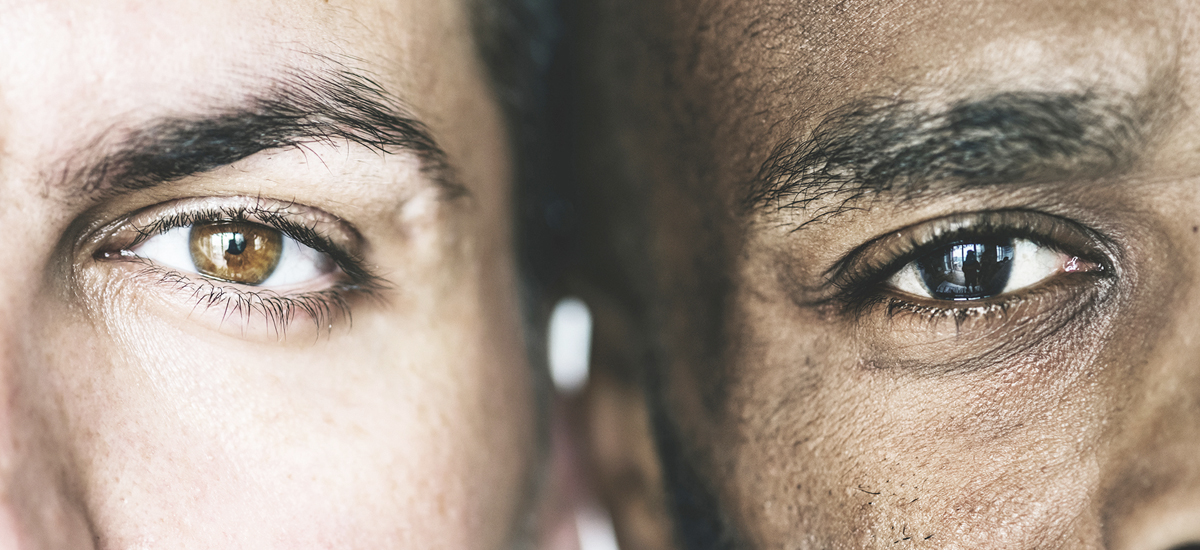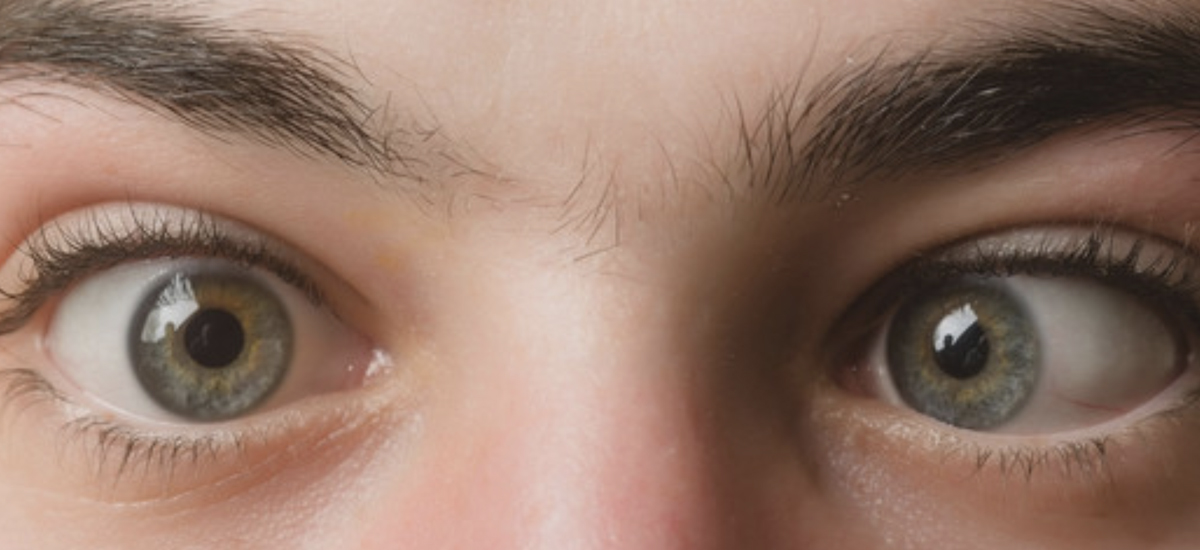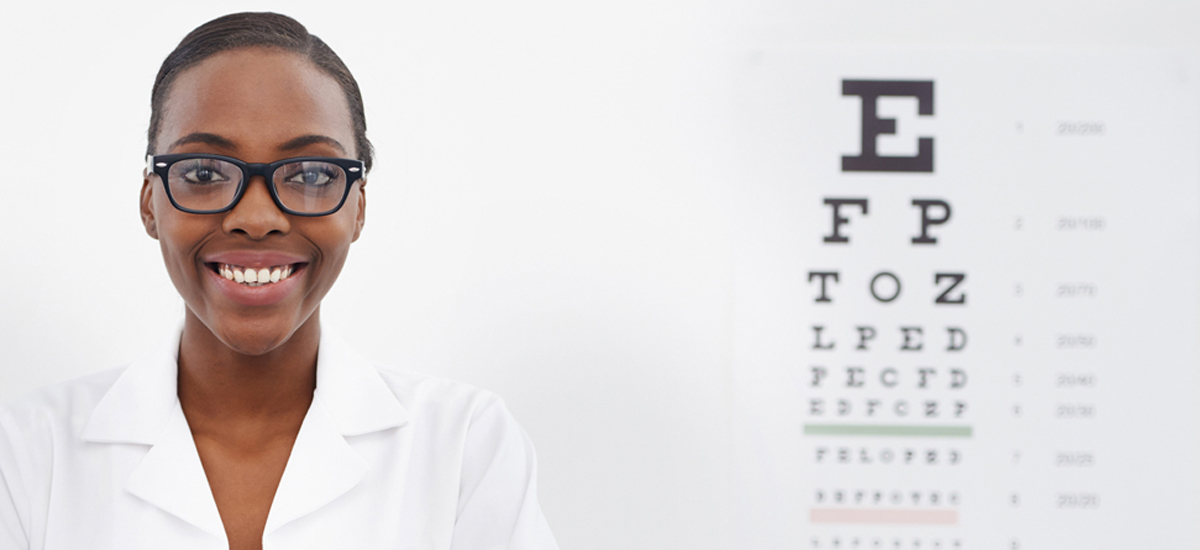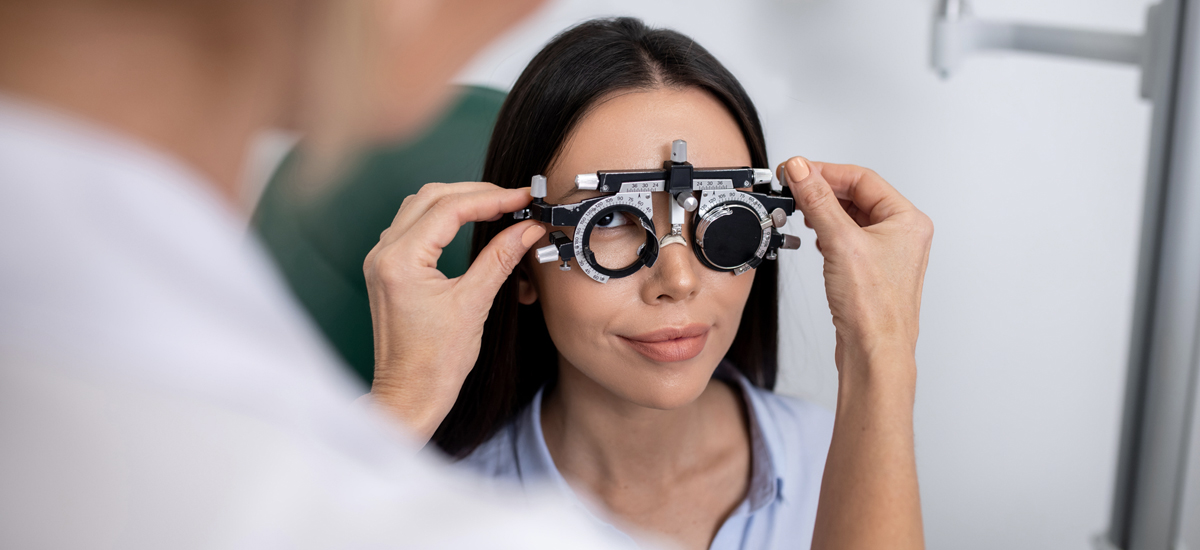Tag: Eyeglasses
-
4 Eye Diseases That Cause Blindness
 Sudden blindness is a huge concern for many people, as are eye diseases that cause blindness over time. Regular comprehensive eye exams with your optometrist are crucial to pinpoint these conditions and to monitor their progression. That will ensure your eyes get the treatment they need at a fast timeline.
So, what are the most common eye
Read more...
Sudden blindness is a huge concern for many people, as are eye diseases that cause blindness over time. Regular comprehensive eye exams with your optometrist are crucial to pinpoint these conditions and to monitor their progression. That will ensure your eyes get the treatment they need at a fast timeline.
So, what are the most common eye
Read more...
-
What Is Blindness?
 Here at For Eyes, our Independent Doctors of Optometry use their expertise to diagnose patients for a wide range of eye issues, including blindness. If you ever have a concern with your vision, you can count on our team to give you the best solutions at an affordable cost.
Whether your vision seems to be gone in one or both eyes, we can help. Our
Read more...
Here at For Eyes, our Independent Doctors of Optometry use their expertise to diagnose patients for a wide range of eye issues, including blindness. If you ever have a concern with your vision, you can count on our team to give you the best solutions at an affordable cost.
Whether your vision seems to be gone in one or both eyes, we can help. Our
Read more...
-
Is Cataract Prevention Possible?
 Average eye lenses are transparent. If they ever get foggy or discolored, that’s a sign that you may have cataracts, an eye disease that can impact your eyesight over time.
Over 24.4 million people in the U.S. above 40 have cataracts, with a large portion of the remaining population expected to get them before age 75. There are three
Read more...
Average eye lenses are transparent. If they ever get foggy or discolored, that’s a sign that you may have cataracts, an eye disease that can impact your eyesight over time.
Over 24.4 million people in the U.S. above 40 have cataracts, with a large portion of the remaining population expected to get them before age 75. There are three
Read more...
-
Why Do My Eyes Go Cross-Eyed Sometimes?
 Your brain tells your eye muscles when to move, and usually, they look to a single viewing point. But for some people, the eyes focus on a different object in the same moment.
This condition is called crossed eyes (also known as strabismus). It’s often associated with lazy eye (or amblyopia) and tends to emerge in children by age 3. Adults and
Read more...
Your brain tells your eye muscles when to move, and usually, they look to a single viewing point. But for some people, the eyes focus on a different object in the same moment.
This condition is called crossed eyes (also known as strabismus). It’s often associated with lazy eye (or amblyopia) and tends to emerge in children by age 3. Adults and
Read more...
-
Does Watching TV Cause Myopia?
 Over the years, myopia (or nearsightedness) has grown in numbers. It impacts approximately 30 percent of Americans, causing visuals that are out of the way to appear blurry while close-up objects are clear.
What causes someone to become nearsighted? Myopia happens when your eye exceeds an average length or when your cornea bends more than it
Read more...
Over the years, myopia (or nearsightedness) has grown in numbers. It impacts approximately 30 percent of Americans, causing visuals that are out of the way to appear blurry while close-up objects are clear.
What causes someone to become nearsighted? Myopia happens when your eye exceeds an average length or when your cornea bends more than it
Read more...
-
Can You Wear Makeup to an Eye Exam?
 The average person needs one eye exam per year so that the optometrist can evaluate your eyes and look for health conditions, such as diabetes and high blood pressure. Preparing for your eye appointment is necessary to ensure you bring everything you need.
You may already know the answers to questions such as:
Should I rest my eyes before the
Read more...
The average person needs one eye exam per year so that the optometrist can evaluate your eyes and look for health conditions, such as diabetes and high blood pressure. Preparing for your eye appointment is necessary to ensure you bring everything you need.
You may already know the answers to questions such as:
Should I rest my eyes before the
Read more...
-
Do Rigid Gas-Permeable Contact Lenses Help With Astigmatism?
 Without seeing an eye doctor, it can be challenging to know the type of prescription eyewear you’ll need for astigmatism (a refractive error caused by a misshaped cornea). Having an eye exam once per year can help you stay aware of any changes in your vision and enable your optometrist to modify your prescription if necessary.
Eyeglasses are
Read more...
Without seeing an eye doctor, it can be challenging to know the type of prescription eyewear you’ll need for astigmatism (a refractive error caused by a misshaped cornea). Having an eye exam once per year can help you stay aware of any changes in your vision and enable your optometrist to modify your prescription if necessary.
Eyeglasses are
Read more...
-
5 Tips for an Accurate Eye Exam
 Whether you’re experiencing vision issues or want to check on your prescription, an annual comprehensive eye examination is necessary. It will allow you to consult with one of our Independent Doctors of Optometry, who can answer your questions and diagnose you for eye issues.
During your eye appointment, the optometrist will look over
Read more...
Whether you’re experiencing vision issues or want to check on your prescription, an annual comprehensive eye examination is necessary. It will allow you to consult with one of our Independent Doctors of Optometry, who can answer your questions and diagnose you for eye issues.
During your eye appointment, the optometrist will look over
Read more...
-
Should You Rest Your Eyes Before an Eye Exam?
 If your last eye exam was a while ago, you might be wondering what to expect. At For Eyes, we help our patients by performing a comprehensive evaluation of the eyes, starting with a quick discussion of your eye health concerns.
Once our eye doctors have a good grasp of your vision loss symptoms and review your family’s medical history,
Read more...
If your last eye exam was a while ago, you might be wondering what to expect. At For Eyes, we help our patients by performing a comprehensive evaluation of the eyes, starting with a quick discussion of your eye health concerns.
Once our eye doctors have a good grasp of your vision loss symptoms and review your family’s medical history,
Read more...
-
How to Schedule an Eye Exam
 The time is coming for your annual eye exam. We know it can be challenging to pencil this into your busy schedule, but preventive eye care is one of the most practical ways to mitigate vision issues. Consider these facts:
You’re most likely to get cataracts after you turn 55. However, they can also develop in kids.
If any of your family
Read more...
The time is coming for your annual eye exam. We know it can be challenging to pencil this into your busy schedule, but preventive eye care is one of the most practical ways to mitigate vision issues. Consider these facts:
You’re most likely to get cataracts after you turn 55. However, they can also develop in kids.
If any of your family
Read more...







